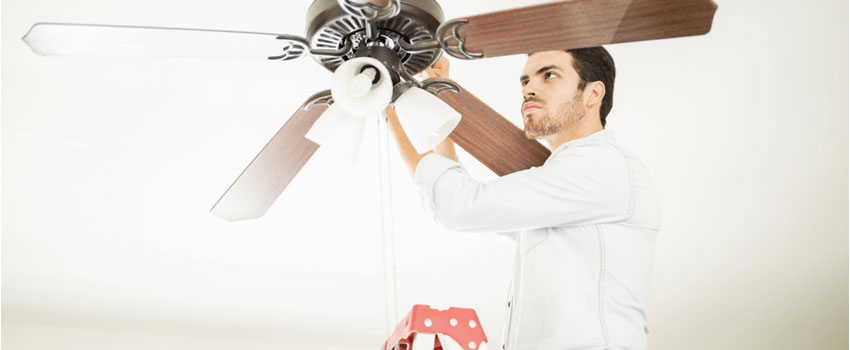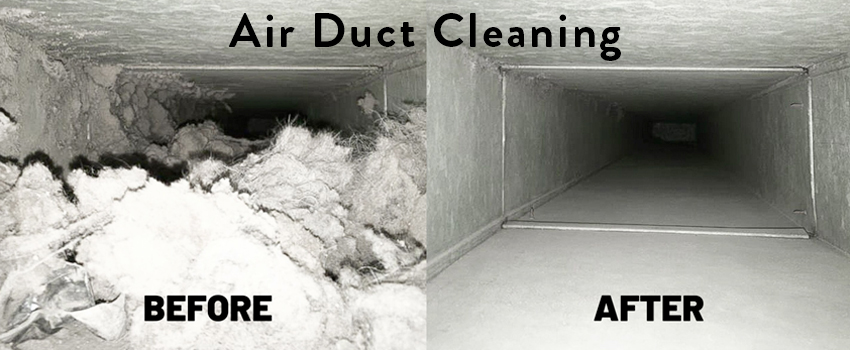As seasons change and temperatures vary, maintaining comfort often requires extensive use of AC equipment, significantly impacting energy consumption. In this article, we will explore ways to save energy through the efficient use of your home’s AC. By implementing simple strategies and making informed choices, homeowners can effectively manage their energy usage while maintaining optimal comfort levels.
We will discuss a range of practical tips and techniques to maximize AC efficiency, reduce energy waste, and promote sustainability.
Signs Your Air Conditioner is Wasting Energy
There are several signs that indicate your air conditioner may be wasting energy due to inefficient operation.
- High Utility Bills: One of the most noticeable signs is higher utility bills, as excessive energy consumption can lead to increased costs. If your electric bill shows a significant spike, it may indicate that your cooling system is inefficient.
- HVAC Running Longer Than Usual: Another sign to look out for is longer HVAC cycles. This could imply efficiency issues that lead to unnecessary energy expenditure. Common causes include clogged air filters, which restrict airflow and make the AC work harder.
- Inconsistent Temperatures: If you notice inconsistent temperatures in a room, with certain areas feeling warmer than others, it suggests that your air conditioner is not effectively cooling the space.
- Poor Indoor Air Quality: An inefficient AC may struggle to circulate air and maintain proper humidity levels, leading to poor indoor air quality.
How to Use Your Air Conditioner Efficiently to Boost Energy Savings
For the best ways to save energy with AC and boost energy savings, there are several strategies you can implement.
- Adjust Temperature Settings: Depending on the outside temperature, adjusting your AC by a degree or two can save energy. For example, setting the temperature 1 degree above your usual cooling temperature can save up to 3% on your bill.
- Regular Maintenance: Proper installation and regular maintenance, such as replacing and cleaning filters, safeguard efficiency and reduce energy waste.
- Programmable Thermostats: Use programmable thermostats to increase the temperature slightly when you’re away from home, reducing the AC’s workload.
To further optimize energy efficiency:
- Control Sunlight and Heat: Keep blinds or shades closed during the hottest parts of the day to reduce the heat load. In colder regions, open blinds and curtains to let natural warmth in and keep doors and windows closed to retain heat.
By incorporating these practices, you can maximize energy savings and reduce your carbon footprint.
Keep Your Air Conditioner Prepared for Any Weather
Regular AC maintenance is essential for optimal performance. Clean or replace filters, check for leaks or damage, and ensure proper insulation. Adjusting temperature settings based on weather conditions helps maintain a comfortable indoor temperature while conserving energy.
Regulate the Air Conditioner Temperature to Save Energy
Regulating the AC temperature is vital for saving energy and promoting efficiency. During summer, set your AC between 22ºC and 27ºC (72ºF-80ºF). In winter, adjust it to around 20ºC to 23ºC (68ºF-74ºF) to reduce strain on the system while ensuring comfort. Local recommendations may vary, so check regional standards.
Programming Your Air Conditioner to Help Save Energy
Using your AC efficiently and boosting savings involves smart programming. Consider these tips:
- AC Controls and Timers: Use timers and controls to align AC operation with peak and off-peak hours. This can effectively regulate temperature and airflow, significantly reducing energy usage and utility bills.
How to Use Energy-Saving Features on Your Aircon
Modern air conditioners, like those in the Hitachi airHome range, offer energy-saving features designed to promote efficiency. The Smart Eco system detects human presence and adjusts power settings accordingly, minimizing energy waste. SleepSense technology optimizes temperature control during sleep, preventing unnecessary cooling or heating.
Physical Factors That Might Help Save Energy
Consider these physical factors to reduce energy consumption:
- Humidity Levels: Maintain humidity within recommended ranges (20%-80%). High humidity levels can increase energy usage, so controlling humidity helps optimize AC efficiency.
- Furniture Layout: Ensure furniture does not block vents to allow effective airflow. Poor placement of furniture can obstruct ventilation, reducing AC efficiency.
- Heat-Generating Appliances: Limit the use of ovens, stoves, and dryers during hot parts of the day to reduce the heat load on your AC. Use energy-efficient appliances and LED lights to minimize heat output.
Renewable Energy Solutions for AC Systems
Utilizing renewable energy sources, such as solar power, can significantly reduce energy waste, lower costs, and enhance eco-friendliness. Installing solar panels to power your AC system can offset a significant portion of your electricity consumption, leading to substantial savings on utility bills and reducing your carbon footprint.
Air Source Heat Pumps and Geothermal Energy in the UK
Air Source Heat Pumps (ASHPs): Air source heat pumps extract heat from the outside air, even in cold weather, and use it to heat your home and hot water. In the UK, ASHPs are increasingly popular due to their efficiency and ability to reduce carbon emissions. They are suitable for a wide range of properties and can significantly lower your energy bills. Government incentives like the Renewable Heat Incentive (RHI) provide financial support to encourage their adoption.
Geothermal Energy: Also known as ground source heat pumps, geothermal systems harness heat from the ground. These systems involve installing a network of pipes underground to transfer heat to and from the ground, providing efficient heating and cooling. Geothermal energy is highly sustainable and can lead to substantial energy savings over time. In the UK, geothermal systems are particularly effective for properties with sufficient land for installation and are supported by government grants and incentives.
Are Indoor Air Quality (IAQ) and Air Conditioning Efficiency Linked?
Yes, indoor air quality (IAQ) and air conditioning efficiency are closely linked. An efficiently functioning AC system helps remove pollutants, allergens, and odours, improving IAQ. Poorly maintained or inefficient systems may fail to filter air effectively, leading to poor IAQ and potential health issues.
How Can Our Products Help You to Save Energy?
Our partnership with leading brands such as Daikin, Mitsubishi Electric, Mitsubishi Heavy Industries, Toshiba, Hitachi, Fujitsu, Swegon, Systemair, Helios, Ventorn, Carrier, Ilias, and Grundfos enables us to offer cutting-edge products designed to maximize energy savings. Through innovative technologies such as variable-speed compressors, inverter-driven systems, energy-efficient motors, and advanced control systems, our air conditioning and ventilation solutions are optimized for energy efficiency. Additionally, features like smart sensors, programmable settings, and zoning capabilities allow for precise temperature control and energy management, ensuring minimal energy waste. With our range of energy-saving products from trusted suppliers, we provide tailored solutions to help you reduce energy consumption and lower operating costs.






